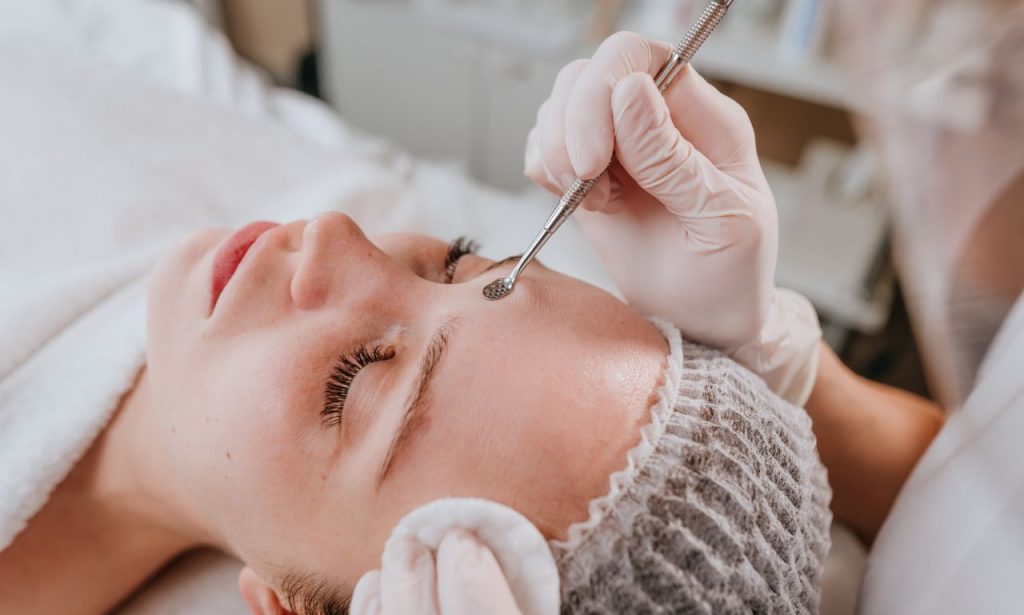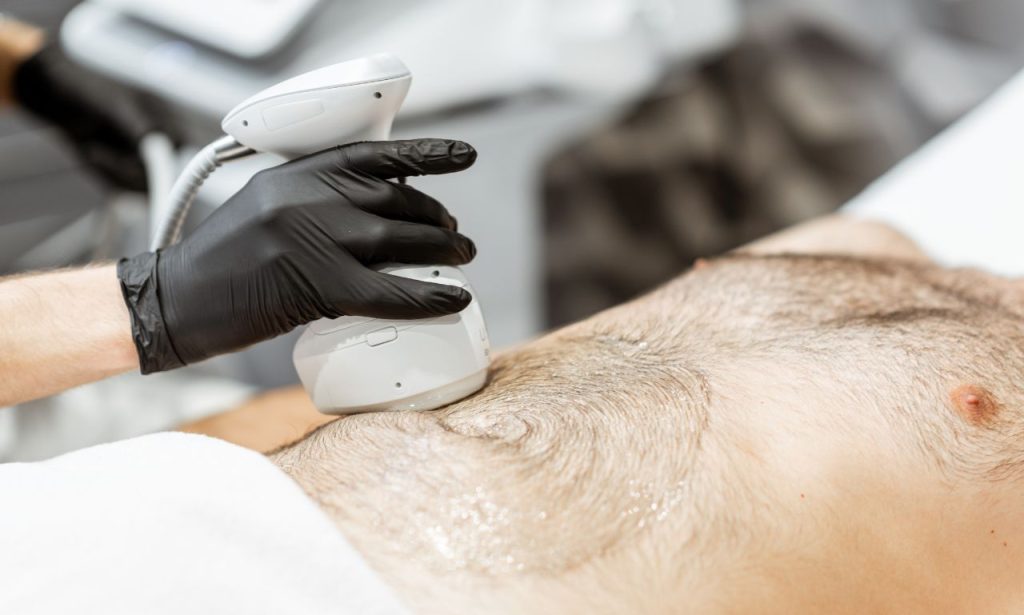Dermatology, a branch of medicine dealing with the skin, has traditionally been associated with years of rigorous medical training. However, not everyone aspiring to work in this fascinating field needs to attend medical school. This article explores various careers in dermatology without med school, providing a comprehensive guide to alternative paths, educational requirements, career prospects, and the skills needed to succeed.
Importance of Dermatology
The skin is the largest organ of the human body, serving as a protective barrier and playing a crucial role in overall health. Dermatology addresses issues ranging from acne and eczema to skin cancer, making it a vital field in healthcare. The increasing awareness of skin health and aesthetics has led to a growing demand for dermatological services, creating numerous career opportunities beyond the traditional route of becoming a dermatologist.
Alternative Careers in Dermatology Without Med School
Dermatology Nurse
To become a dermatology nurse, one typically needs to obtain a nursing degree (Associate’s or Bachelor’s) and pass the NCLEX-RN exam. Specialized training in dermatology can be acquired through continuing education courses or certification programs.
They assist with various procedures, including biopsies, laser treatments, and phototherapy. They provide patient education on skin care, assist with wound care, and support dermatologists in diagnosing and treating skin conditions.
Dermatology nursing is a growing field with opportunities in hospitals, private practices, and dermatology clinics. The demand for specialized nursing care in dermatology is expected to rise, offering a stable and rewarding career path.
Esthetician

Estheticians must complete a state-approved cosmetology or esthetician program, which typically lasts six months to a year. After completing the program, they must pass a state licensing exam.
They perform various skin care treatments, including facials, chemical peels, microdermabrasion, and hair removal. They also advise clients on skincare routines and products. The beauty and wellness industry is booming, with increasing demand for esthetic services. Estheticians can work in spas, salons, dermatology offices, or even start their own businesses.
Medical Assistant in Dermatology
Medical assistants typically complete a certificate or diploma program, which can be completed in about a year. Certification, such as the CMA (Certified Medical Assistant), is often preferred by employers.
Medical assistants perform both administrative and clinical tasks, including scheduling appointments, taking patient histories, preparing patients for exams, and assisting with procedures.
With experience, medical assistants can advance to supervisory roles, specialize in specific areas like dermatology, or pursue further education to become nurses or physician assistants.
Clinical Research Coordinator
A bachelor’s degree in a relevant field, such as biology or health sciences, is typically required. Additional certification in clinical research (such as through ACRP or SOCRA) can enhance job prospects.
Clinical research coordinators manage clinical trials, ensuring compliance with regulatory requirements, recruiting participants, and collecting and analyzing data.
This role is essential in advancing dermatological treatments and technologies. Opportunities exist in academic institutions, pharmaceutical companies, and dedicated research organizations.
Sales and Marketing in Dermatology
A background in business, marketing, or a related field is typically required. Knowledge of dermatology and skincare products is highly beneficial. Sales and marketing professionals promote dermatological products and services to healthcare providers and consumers. They conduct market research, develop marketing strategies, and manage client relationships.
The dermatology market is expanding, driven by a growing interest in skincare and anti-aging products. This creates numerous opportunities for sales and marketing professionals to thrive.
Educational and Certification Programs
Nursing Programs
Nursing programs are available at various levels, from Associate’s to Master’s degrees. Specialized courses in dermatology nursing can provide additional training and certification.
Esthetician Schools
State-approved cosmetology or esthetician programs offer comprehensive training in skincare. Licensing requirements vary by state.
Medical Assistant Training
Medical assistant programs can be found at community colleges and vocational schools. Certification, such as CMA, can enhance employment opportunities.
Clinical Research Certification
Certifications from organizations like ACRP and SOCRA validate expertise in clinical research and can boost career prospects.
Sales and Marketing Courses
Courses in business, marketing, and healthcare management can provide the necessary skills for a successful career in dermatology sales and marketing.
Skills Required for a Successful Career

Technical Skills
Proficiency in dermatological procedures, skincare treatments, and clinical research methodologies is essential. Continuous education and training keep professionals updated on the latest advancements.
Interpersonal Skills
Effective communication, empathy, and patient education are crucial in providing high-quality care and building trust with clients and patients.
Continuous Learning and Development
The field of dermatology is constantly evolving. Professionals must commit to lifelong learning through continuing education, certifications, and staying abreast of new research and technologies.
Financial Prospects in Dermatology Careers
Salary Expectations
Salaries vary by role, experience, and location. Dermatology nurses and clinical research coordinators typically earn higher salaries compared to estheticians and medical assistants.
Job Market Trends
The demand for dermatological services is increasing, driven by a growing awareness of skin health and aesthetics. This trend is expected to continue, offering stable job prospects.
Long-term Financial Benefits
Careers in dermatology offer long-term financial stability and growth opportunities, with potential for advancement and specialization leading to higher earnings.
Challenges and Opportunities
Common Challenges
Challenges include staying updated with rapid advancements, managing patient expectations, and navigating regulatory requirements.
Strategies to Overcome Challenges
Continuous education, networking with professionals in the field, and participating in professional organizations can help overcome these challenges.
Conclusion
With the growing demand for dermatological services, now is an excellent time to pursue a career in this field through alternative pathways.
Whether you choose to become a dermatology nurse, esthetician, medical assistant, clinical research coordinator, or a professional in sales and marketing, there are ample opportunities to build a rewarding career in dermatology without attending medical school.
ALSO READ: What is Code Blue in School?
FAQs
A: To become a dermatology nurse, you typically need:
– An Associate’s or Bachelor’s degree in Nursing (ADN or BSN).
– Passing the NCLEX-RN exam to become a Registered Nurse (RN).
– Additional specialized training or certification in dermatology nursing can be beneficial.
A: The job prospects are promising due to:
– Increased awareness of skin health and aesthetics.
– Growing demand for dermatological services.
– Advancements in dermatological treatments and technologies.
A:Yes, many individuals advance in their careers through:
– Gaining experience and expertise in their chosen field.
– Pursuing additional certifications and continuing education.
– Networking and staying updated with industry trends and advancements.
A:Common challenges include:
– Staying updated with rapid advancements in dermatology.
– Managing patient expectations.
– Navigating regulatory requirements.
A; Strategies to overcome challenges include:
– Continuous education and professional development.
– Networking with industry professionals.
– Participating in professional organizations and attending relevant conferences
A: Yes, particularly for estheticians and sales and marketing professionals. Starting your own skincare clinic, spa, or dermatology product line can be lucrative ventures.





